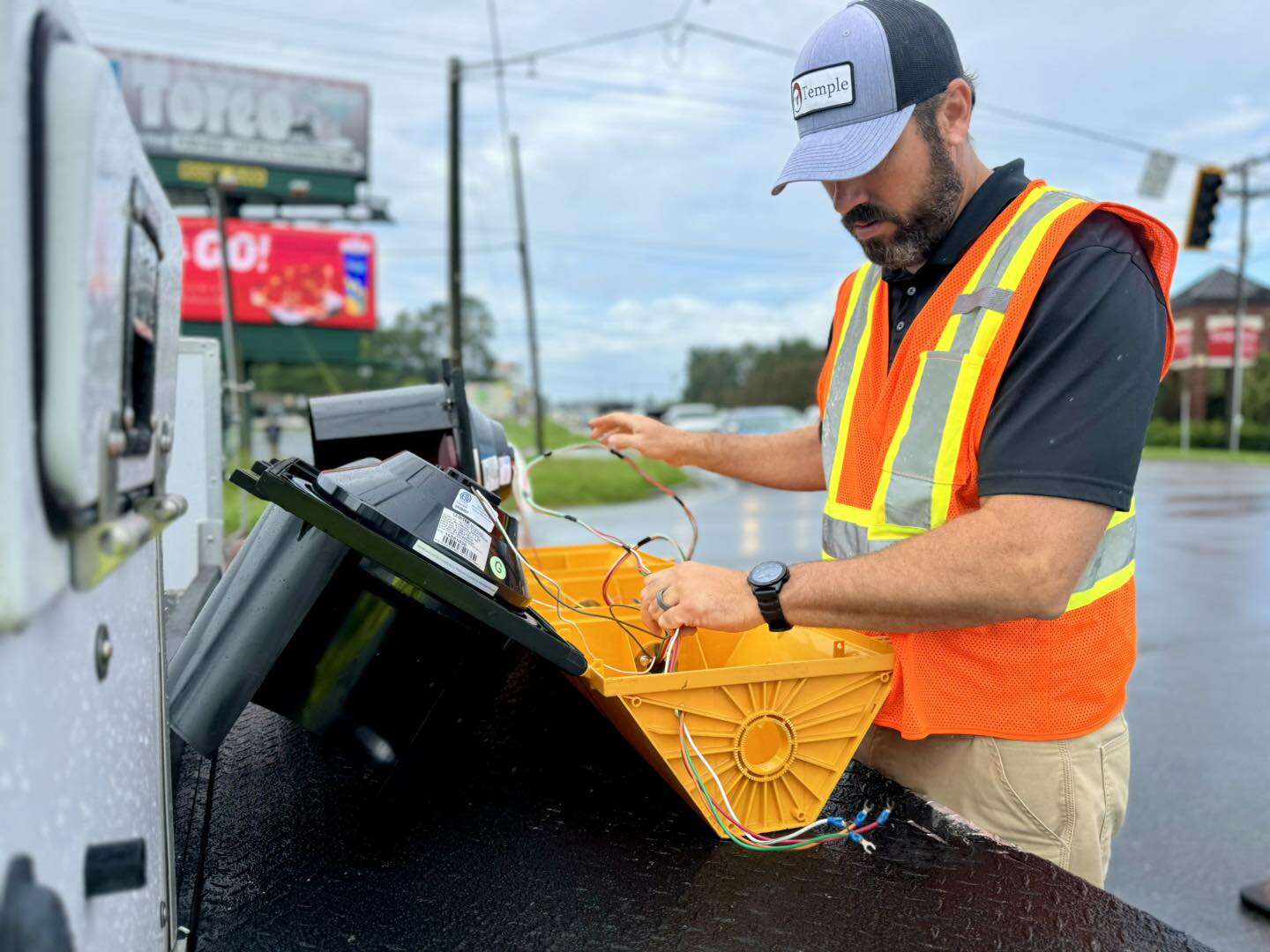House, Senate pass internet sales tax bill
Published 2:45 pm Thursday, January 16, 2020

- Rep. Brett Harrell, R-Snellville, implores colleagues in the House to pass HB 276 that institutes internet sales tax on online third-party vendors in the House chambers on Jan 16.
ATLANTA — Georgia is one step closer to taxing internet sales.
Both the House and Senate passed a version of the “marketplace facilitator” bill Thursday, which would tax internet sales.
The legislation carried over from last year would provide budget-weary lawmakers a possible new revenue stream amid budget cuts mandated by the governor.
This week both the Senate and House insisted on their own versions of the bill that led to the formation of a conference committee made up of three House and three Senate members. The committee met Thursday morning and quickly hashed out legislative discrepancies between the two chambers.
The deal resulted in bill that calls for the collection of sales tax on ride-sharing networks like Uber and Lyft, housing-rental service sites like AirBnb and VRBO and auction sites like eBay.
Chairman of the Senate Finance committee Sen. Chuck Hufstetler, R-Rome, asked legislators to vote in favor of HB 276, to speed up the bill adoption process, so the law could go into effect April 1 and taxes could be collected.
The original bill omitted ride-share companies Uber and Lyft from being subject to the tax — an exception done away with in committee. Hufstetler said that Uber and Lyft now support the legislation.
“These marketplace sellers are from all over the country and the world that sell to our consumers,” he said. “They currently owe taxes on these sales but Georgia has not had an efficient manner to collect these taxes. So the marketplace facilitator structure is the best way to collect these taxes.”
Both Hufstetler and Brett Harrell, R-Snellville, the House lead on the bill, were quick to tell colleagues the measure does not impose new taxes “on anybody” but only collects taxes already owed.
The Senate passed the bill 40-9 with no debate. The House passed the bill 111-54 with some debate.
“Thirty-seven of the states that have a sales tax have already passed bills like the one you have in front of you today,” Harrell told House colleagues. “This bill does not tax any product or service that is not taxed today.”
Harrell said collecting the estimated minimum, $150 million, in new tax revenue would “on a state level releases pressure on income taxes, on local level it releases pressure on property taxes.”
“This will certainly have an impact on the budget pressures we are all aware of,” Harrell said. Although, Harrell told CNHI on Tuesday that the push for this bill related to looming budget cuts.
Opponents voiced concerns on price increases on Uber and Lyft for low-income families that rely on ride-share programs for transportation and asked why the bill was re-written to include Uber and Lyft.
“There are a number of groups and industries that wanted a special favor for that industry or a special favor for that company…” Harrell said. “(HB 276) is a clean measure that does not carve out any industry.”
Harrell added that it is still under review if Uber and Lyft are even taxable services, if so, they’ll be subject to the bill, if not, it won’t effect them.
“Georgia has a tax on transportation services,” Harrell told reporters following the vote. “Our traditional transportation services, taxis and limos, have been paying a sales tax for years and years and years in the state of Georgia.”
The looming question is if online rental agencies like AirBnb are included in this new tax system.
Harrell said that there is “no difference” between rental services and ride-share services and reiterated, “If you have a taxable service or taxable product of any kind, shape, form or fashion, you are included,” he said. “There is no exemption for anyone.”
“If you are a private owner of a property that you make available on the VRBO, this does two things that should be an advantage to us at private property owner,” he said, “number one, it puts the responsibility on the platform that entity to collect and remit, number two, it relieves you of the responsibility and the liability for collecting it.”
Harrell told CNHI on Tuesday that the General Assembly hopes to get this legislation passed “as quickly as possible.”
“I think both the House, the Senate and the administration, all three, are in agreement that this is an issue that, quite frankly, we probably should have accomplished last year,” Harrell said.
HB 276 is now on its way to Gov. Brian Kemp’s desk.





